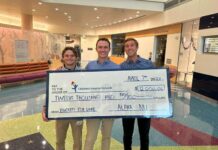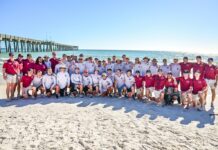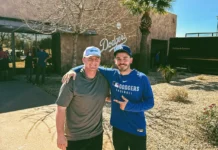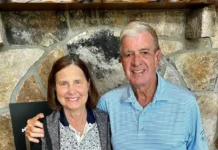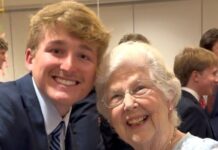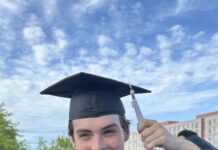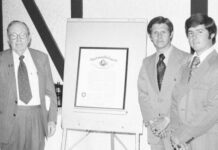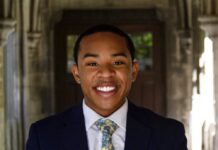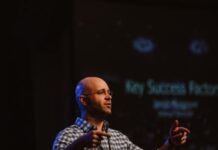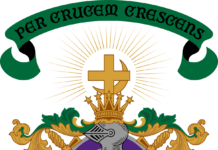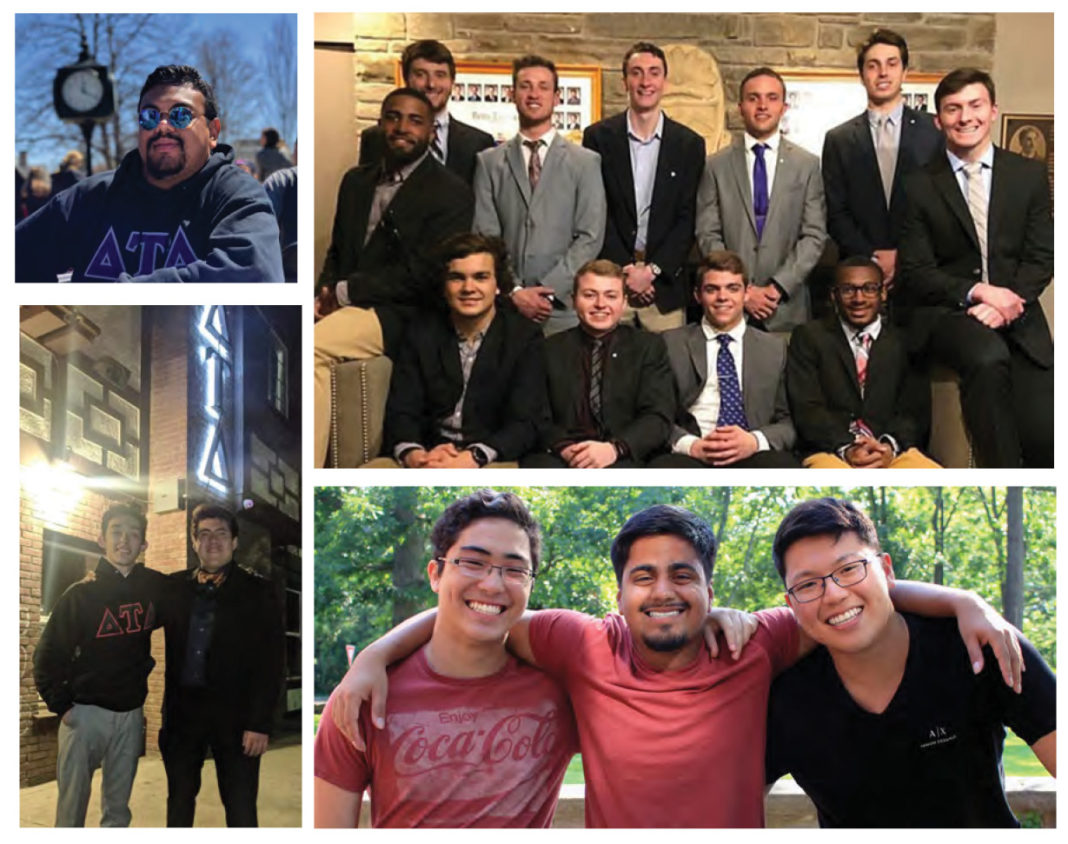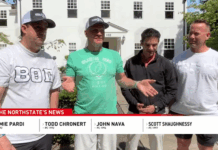Undergraduate voices on diversity from Delta Tau Delta
Before he joined the Fraternity, Suchir Dhall (University of Southern California, 2020) saw his parents, immigrants from India, work to establish a middle-class life in the U.S. “They put me in a fancy upscale private school with kids from a very specific background: a background I did not fit into. As an outsider because of my economic-class and culture, I found my niche and found my way to USC and then into the Fraternity,” Dhall said.
Dhall realized he could be himself with chapter brothers who are diverse, genuine and interested in the same values. “For a long time, I considered myself an outsider, but Delt felt like a brotherhood made up of outsiders who found their place with each other,” Dhall said. “The chapter did not look past me for being Indian nor did they look past me because of my looks and height. I was chosen for my love of the same values and my genuine relationships with those in the house.
We continue to accept a diverse group of kids without judging them through a superficial lens.”
Men of different backgrounds and cultures who shared a close bond despite their differences, also made the Fraternity appealing to Dylan Garcia (University of Southern California, 2020). “I have come to understand many brothers’ different socioeconomic, racial and other backgrounds and how it has affected their life,” said Garcia who was born in Los Angeles and is of Nicaraguan, Peruvian, Mexican and Japanese descent.
Concerned he wouldn’t fit in, Pratik Tarafdar (Cornell University, 2018) was initially turned off by Greek life. “When I looked at most fraternities, they were filled with tall white men, a description which certainly didn’t apply to me. Delt, however, had brothers of all shapes and colors. It’s a place which accepts brothers for who they are. It was a place I could truly belong,” said Tarafdar who is Indian-American.
“A brother’s outward appearance is irrelevant to Delt, and as such we boast one of the most racially and socioeconomically diverse houses on campus. The thread uniting all Delt brothers is not a coincidence of birth but a fortitude of character,” said Tarafdar.
Born in Minneapolis, Tarafdar grew up in a Philadelphia suburb and one of his greatest joys was talking with a chapter brother who grew up in Austin, Texas. “The differences were astonishing and endlessly entertaining, but the commonalities between our experience on opposite sides of the country were also much more numerous than I expected,” Tarafdar said.
“That’s something I’ve noticed in speaking to many of the brothers; no matter how many things divide us there are also many things which tie us together.”
To foster greater understanding between the brothers, Tarafdar would like to see more brothers share stories about how their lives have been impacted by their background.
Cory Koehler (Cornell University, 2021), who is from a rural part of Pennsylvania, was surprised when he learned the prospect of him joining was important to members of the Fraternity. “Neither of my parents went to college,” said Koehler. “In fact, I don’t think that any of the members of my extended family have been to college. We’re blue-collar workers and soldiers and carpenters.”
Koehler describes his chapter as having an abundance of diversity. “There are members of varying ethnicities, sexualities (open and comfortable members) and economic backgrounds. I’m kind of poor, and nobody has ever put me or anyone else down because of money. Everyone is open to ideas that they aren’t necessarily familiar with,” said Koehler.
As a chapter president, Cisco Mejia (Ohio Wesleyan University, 2019) takes pride in the fact that his chapter is represented by officers from different ethnic backgrounds. “I have the opportunity to have real conversations on multiple topics such as politics and religion. Having these conversations, especially with the international members, has been eye-opening,” said Mejia who is from an ethnically Hispanic background including El Salvador, Puerto Rico and the Dominican Republic.
Being part of a diverse chapter with different cultures represented makes Tyler Palmer (Ohio Wesleyan University, 2019) feel at home. “Our Fraternity is grateful to have many students of Islamic and Middle Eastern background, particularly from Pakistan. It is always cool learning about their culture and how their home is compared to a small town in Ohio,” Palmer said.
“In joining our chapter, I realized that our house truly functions as a family and we support one another regardless of our situation. It’s great to know that in times of conflict or stress I can turn to any brother in our house for help and support.”
Amir Nader Shami (University of Kansas, 2021) found that sense of support in his chapter. Two weeks after he pledged the Fraternity, his father passed away. Facing the loss, Shami moved home to start managing the business his father started when he came to the United States.
“The [chapter] supported me and what I was going through. Especially our president. I still don’t know how everyone found out, but in the end, that helped me get through it,” said Shami.
Shami had joined Delt following an invitation from a friend from high school. “I didn’t see myself being in a fraternity, but that changed
a couple of months into my first semester,” he said. With each new class Shami, who is Palestinian, sees the chapter growing more diverse embracing people, cultures and even accepting diversity among thoughts and ideas.

